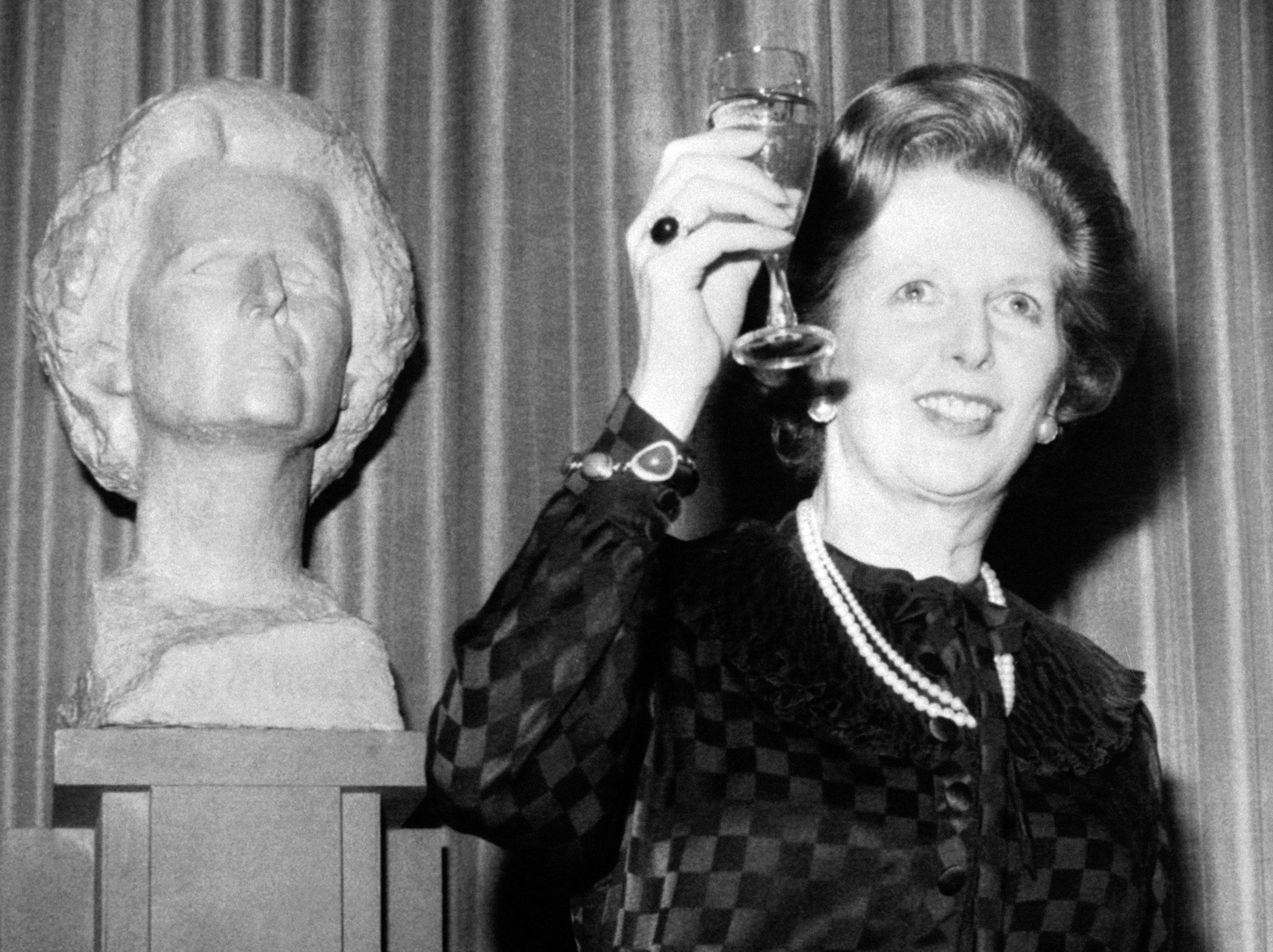Margaret Thatcher's letters reveal plan to spray cocaine plants with deadly pests
The concept was put forward in front of the Conservative Prime Minister in 1989 by Lord Rothschild

Your support helps us to tell the story
From reproductive rights to climate change to Big Tech, The Independent is on the ground when the story is developing. Whether it's investigating the financials of Elon Musk's pro-Trump PAC or producing our latest documentary, 'The A Word', which shines a light on the American women fighting for reproductive rights, we know how important it is to parse out the facts from the messaging.
At such a critical moment in US history, we need reporters on the ground. Your donation allows us to keep sending journalists to speak to both sides of the story.
The Independent is trusted by Americans across the entire political spectrum. And unlike many other quality news outlets, we choose not to lock Americans out of our reporting and analysis with paywalls. We believe quality journalism should be available to everyone, paid for by those who can afford it.
Your support makes all the difference.Secret plans to sabotage cocaine production abroad by introducing plant-destroying pests were discussed as the Government waged war on drugs, newly released official files reveal.
Margaret Thatcher described the idea, which was proposed by Lord Victor Rothschild in July 1989, as a “characteristically brilliant” and “intriguing” way of tackling the growing “crack problem”.
Lord Rothschild suggested using “covert” tactics and aerial sprays to introduce a bug which would attack the source of cocaine, Cabinet papers released by the National Archives at Kew, west London, show.
“Supposing it is possible that such a pest exists or that it is possible to ‘make’ one, the question arises as to how to introduce it into the relevant parts of the various countries involved,” he wrote in a letter addressed to Thatcher.
“One might think of aerial sprays, with or without the connivance of the government concerned; and various other methods of introduction, covert as well as overt.”
A note from No 10, which was attached to the letter, stated: “I am making discrete inquiries about this through the chief scientific adviser John Fairclough. In the meantime you may wish to note Lord Rothschild’s suggestion."
Thatcher wrote “very interesting” on the internal memo and vowed to consider the proposal in her response to Lord Rothschild in August.
“Thank you for your most intriguing idea for tackling the cocaine and crack problem set out in your letter of 26 July: it is characteristically brilliant,” she said in the letter.
“I shall look into this and will come back to you when I have more information about whether it is possible.”
Papers show the Government took further steps to advance the plans and asked Mr Fairclough to investigate.
But biologist Dr Ashley Morton, who contacted the Prime Minister with a proposal to use an indigenous type of moth to control cocaine production in Peru, was told in September: “The Government’s position is that only the Peruvian government can decide to use biological control in Peru.”
The Government’s alarm at the arrival of crack cocaine to the streets of Britain is laid bare in other newly-released papers, with several officials associating the drug with the black community.
Home Secretary Douglas Hurd proposed launching a “two-pronged” drug campaign and recruiting community figures to assist efforts among the African-Caribbean population, according to a Number 10 memo in July 1989.
However, Carolyn Sinclair, of the Government’s policy unit, said the plans would need “delicately handling” in her comments to the Prime Minister.
“Afro-Caribbeans rarely take ‘hard’ drugs such as heroin, but regard cannabis as part of life. It is given to babies,” she wrote.
“The fact that cannabis is illegal is widely regarded as unjust. Most Afro-Caribbeans do not think that they, as a group, have a drug problem.
“But there are good reasons to fearing that ‘crack’ will get a hold on Afro-Caribbeans in a way that other hard drugs have not.”
She added: “The police and other statutory authorities all say that it is hard to get messages across to Afro-Caribbeans.
“Douglas Hurd’s proposed use of informal channels may be the only way. It should be tried.”
Press Association
Join our commenting forum
Join thought-provoking conversations, follow other Independent readers and see their replies
Comments